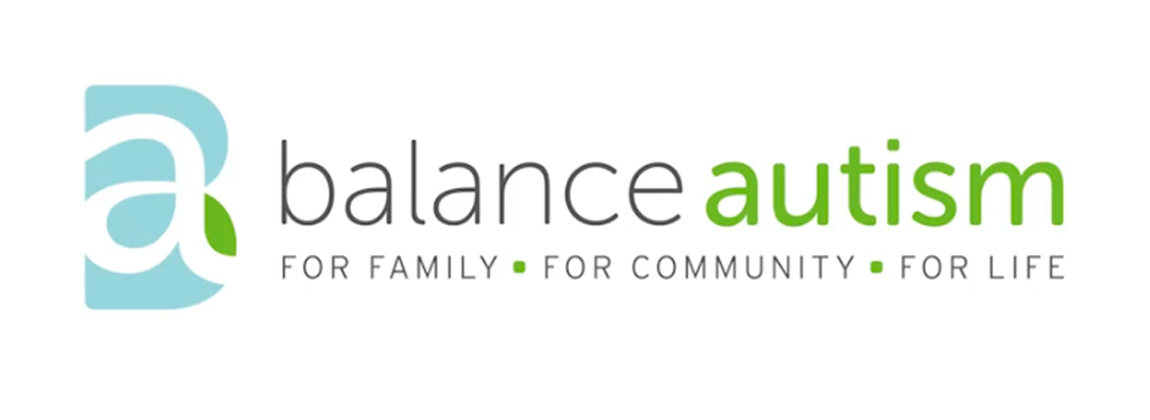Appreciating Autism in the Workplace

“If it weren’t for a few of us, you neurotypicals would still be sitting around in caves talking about your feelings.” Temple Grandin Ph.D.
Temple is an accomplished scientist, activist and a successful professional who happens to have autism. With this simple joke, Temple Grandin tells us we should think beyond sympathy and reframe our relationships with someone with a diagnosis of autism that recognizes the positive attributes. She also reminds us that labels can be a two-way street.
Individuals with autism are just that, individuals, each with their own strengths and weaknesses. Yet some similar characteristics exist. Autism might best be understood as a different operating system. Think Windows vs. Mac. Both are effective and productive systems, but they rely on different foundations or assumptions for processing information. Individuals with autism may struggle to navigate social complexities. These individuals may also be loyal, hardworking, dedicated, detail oriented, process driven and committed workers. By considering how we can adapt opportunities to better align with these skill sets, we can benefit everyone.
As with any subgroup, empathy is appreciated but pity is not.
Dr. Stephen Shore, Ph.D., another accomplished professional with autism, reminds us that it is time to move beyond Autism Awareness and even past Autism Acceptance. Today let’s consider Autism Appreciation.
By now, most have heard the staggering growth in the number of children with autism. When we started Balance Autism in 1994, the projection was that autism was found in 1,500 Americans. The most recent numbers from the CDC report that 1 in 54 children in the U.S. is diagnosed with autism spectrum disorder.
The number of Americans with autism who are unemployed or underemployed create fresh opportunities. It is estimated that 85% of college grads affected by autism are unemployed. One purpose of our special education system is to prepare students for employment after high school. A Drexel University study found that only 58% of young adults with autism had any work experience between high school and their early 20s.
Hiring Neurodiverse Employees
Hiring someone with autism is the right thing to do because it demonstrates an employer’s understanding that neurodiversity benefits everyone. The individual benefits with the pride of contributing to a greater good, improved economic status and better mental health. Employers fill vacancies with team members that bring new skills and talents to the company. The economy benefits when more people are contributing.
We have all been asked to reexamine our hiring strategies. We should question whether we are selecting someone because they most remind us of ourselves or if this person can contribute the most to our success. Employers who remain reluctant to consider this opportunity can tap into vocational resources to reevaluate job responsibilities and coach an individual through any challenges they may experience.
We practice these action steps. At Balance Autism you will find team members who are drawn to our workplace who are also on the autism spectrum. They participate as team members, not as service recipients. We are better because they chose to work with us.
This past year has reminded us all of the many benefits of inclusion. Remember to include neurodiversity in these discussions.
Greater Des Moines (DSM) welcomes diverse talent to the region. As one of the fastest growing business communities, inclusion and attracting diverse talent in the workplace is a key strategy of the Greater Des Moines Partnership. Learn more here.
Steve Muller
Steven Muller is chief executive officer at Balance Autism in Greater Des Moines (DSM).